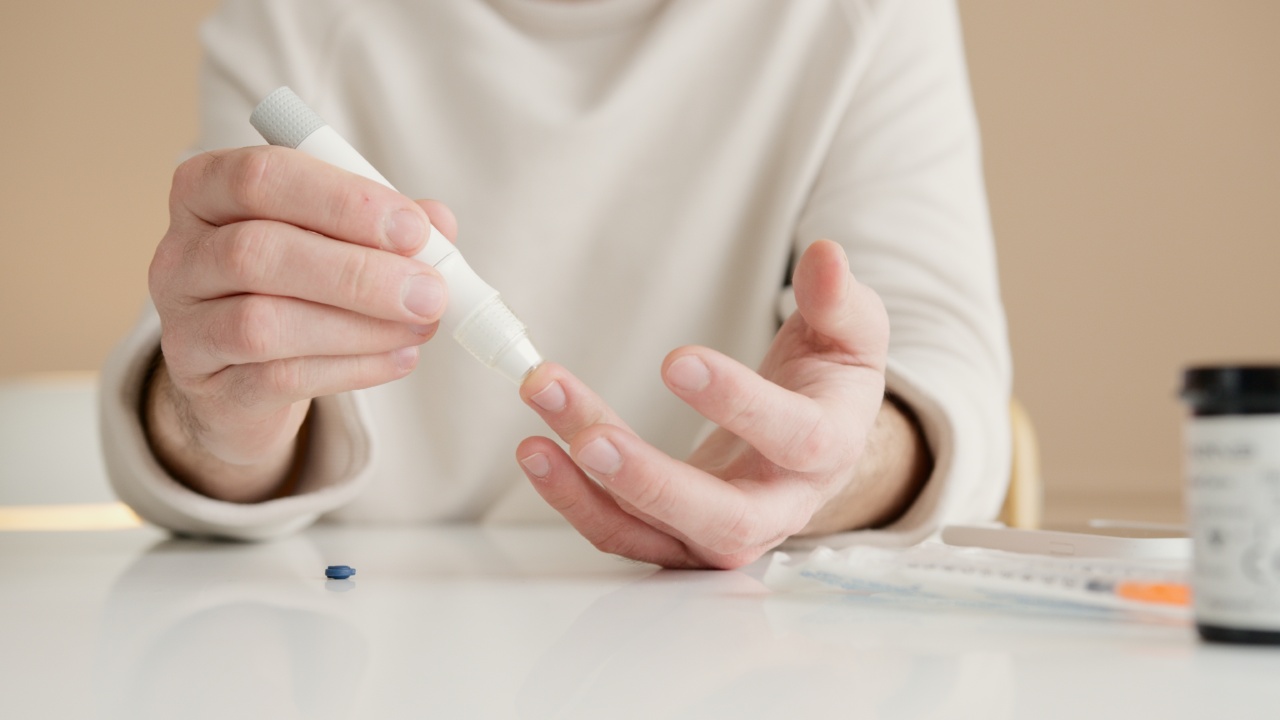Monitoring blood glucose levels is an essential part of managing diabetes. By keeping a close eye on your blood sugar, you can make informed decisions about your diet, exercise, and medication to successfully manage your condition.
But when and how frequently should you monitor your blood glucose levels? Let’s explore this important topic.
Why is Blood Glucose Monitoring Important?
Blood glucose monitoring allows you to understand how your body responds to different factors like meals, physical activity, stress, and medication.
By checking your blood sugar levels regularly, you can detect patterns and trends, identify potential complications, and make adjustments to your treatment plan. This helps you maintain optimal blood sugar control and prevent both short-term and long-term complications of diabetes.
When Should You Monitor Your Blood Glucose Levels?
The frequency of blood glucose monitoring can vary from person to person based on several factors, including the type of diabetes, treatment plan, medication, overall health, and individual goals. Here are some general guidelines:.
1. Type 1 Diabetes
People with type 1 diabetes, who rely on insulin injections, typically need to monitor their blood glucose levels more frequently than those with type 2 diabetes. It is recommended to check blood sugar levels:.
– Before meals and snacks.
– Before and after physical activity.
– Before bed.
– In the middle of the night (if necessary).
– Whenever you suspect low blood sugar (hypoglycemia) or high blood sugar (hyperglycemia) symptoms.
2. Type 2 Diabetes
For individuals with type 2 diabetes, the frequency of blood glucose monitoring usually depends on the treatment plan and the need for medication adjustments. Here are some instances when you should monitor your blood sugar:.
– As advised by your healthcare provider when starting a new medication.
– When making changes to your diabetes management plan.
– Whenever you experience symptoms of hypoglycemia or hyperglycemia.
– Periodically during the day (before and after meals) to track patterns.
3. Gestational Diabetes
Pregnant individuals diagnosed with gestational diabetes may need to monitor their blood glucose levels to ensure optimal control for both their health and the baby’s well-being.
The frequency of monitoring will be determined by the healthcare provider, but it is commonly recommended:.
– Fasting blood glucose levels in the morning.
– Postprandial blood glucose levels (after meals).
How Frequently Should You Monitor Your Blood Glucose Levels?
Now that we have discussed when to monitor your blood glucose levels, let’s focus on how frequently you should do it. Here are some general recommendations:.
1. Type 1 Diabetes
For individuals with type 1 diabetes, it is generally recommended to check blood glucose levels at least 4-6 times a day. This includes before meals and snacks, before and after physical activity, before bed, and during the night if needed.
2. Type 2 Diabetes
The frequency of blood glucose monitoring for type 2 diabetes may vary. Some individuals may need to check their levels as per their healthcare provider’s recommendations, especially if managing their diabetes with medication.
Others may monitor periodically to identify patterns and make necessary lifestyle adjustments. It is advisable to discuss your specific needs with your healthcare team.
3. Gestational Diabetes
Pregnant individuals with gestational diabetes may need to monitor their blood glucose levels multiple times a day to ensure optimal control. This helps prevent complications for both the mother and the baby.
The frequency will depend on your healthcare provider’s advice, usually before meals and after meals.
Additional Considerations
It’s important to remember that individual needs can vary. Some factors to consider include:.
– How well your diabetes is controlled.
– Any changes in your medication or treatment plan.
– Physical activity levels.
– Illness or stress that can affect blood sugar levels.
– The presence of other medical conditions.
Always consult with your healthcare provider to determine the optimal frequency of blood glucose monitoring for your specific situation.
Conclusion
Monitoring your blood glucose levels plays a vital role in diabetes management. It helps you make informed decisions about your lifestyle, medication, and treatment plan.
The frequency of blood glucose monitoring depends on various factors such as the type of diabetes, treatment plan, and individual needs. By actively monitoring your blood sugar levels and working closely with your healthcare team, you can successfully manage your diabetes and reduce the risk of complications.





























